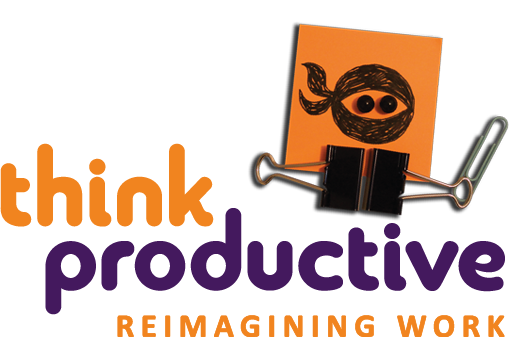I’m currently suffering from that most modern and urban inconvenience.
I am in between home wifi connections. Until the new wifi is connected, I’m relying on the tethering of my phone to my PC and iPad and I’ve noticed that since tethering often ends up being a temperamental extra step, I’m doing more of my casual web browsing on my phone. And I don’t like it one bit.
My phone is always there, begging for just another check of Twitter or Facebook. I’m listening to more chattery radio. I’m addicted to Tetris again and I’m just reaching the point where I delete it from my phone again – and about to follow the lead of my fellow Ninja Grace Marshall on this (see her recent experiment stuff here).
Just three months ago, I was on my ‘Email Fridays‘ experiment: only checking emails on Fridays, and at the same time more or less off Facebook and Twitter completely. And do you know what? I definitely got more done that month and felt less of a compulsion to keep checking checking checking. There seemed little point to keep connecting into the world.
 So you’re probably wondering what this has got to do with meditation.
So you’re probably wondering what this has got to do with meditation.
Well, I’ve definitely noticed that on the days I’m more disciplined with meditation and other mindfulness techniques, I’m less prone to my mind “flitting“.
“Flitting” is something I think we probably all do to a greater or lesser degree. That innate sense of urgency pertaining to things that even we ourselves deep down realise require no urgency.
“Quick! check to see if there’s any new emails!”
“I might be missing something on Facebook!”
“I’m bored of this writing, let me go do something digital, purposeful-sounding but ultimately largely pointless“.
“Flitting” isn’t the same as procrastination and it doesn’t necessarily follow that whenever we’re “flitting” we’re procrastinating either. I see it as a product of our adaptation to the constant input of information in our lives. It’s our minds trying to cope with the barrage and just presuming everything is of the same urgency – when of course we know that little that’s important is urgent and vice versa.
“Flitting” is a sure-fire sign that we’re getting our kicks from connectivity, not productivity.
Perhaps more than needing a better to-do list, more than needing to improve our stationery collections, more than being on top of all the latest apps, more than trying to ‘manage our time’, more than needing to read more productivity tips, we just need to do less “flitting” and give attention to our attention.
So, get off the internet, stop “flitting”, take a deep breath and start making stuff happen. Being connected and being productive are not the same thing.

Like this? Try these
Focus your own time – attend one of our Time Management Workshops with a difference
Read more about Graham’s Pay Attention experiment
100 Time Management Tips to Boost Productivity « thinkproductive.co.uk


I suffer really badly from this, and it’s just not productive. I often think I’ve had a ‘busy’ day when I get home from work, but often wonder what I’ve managed to accomplish apart from checking Facebook and Twitter and other online forms of information. What’s the best way to stop yourself from doing this?
Hi Helen,
There’s loads I could say on this but here’s a few quick observations:
– sequential monotasking is much better than multi-tasking: try to keep only one window open on your screen, only one set of papers on your desk, etc.
– know your enemy: i regularly ban facebook on my laptop using blocking programs or remove apps from my phone that I know are too tempting for me
– finally, I wonder if there’s a bigger picture issue at play here. Lots of people spend the day mainly being reactive rather than proactive. There are lots of trick to avoiding this, but one I highly recommend is having a daily checklist. start every morning with a set routine that is NOT checking latest and loudest, but looking deeply into your projects, actions and mind to set up the day well.
I am finding that meditation is a useful tool, but it’s by no means the panacea here.